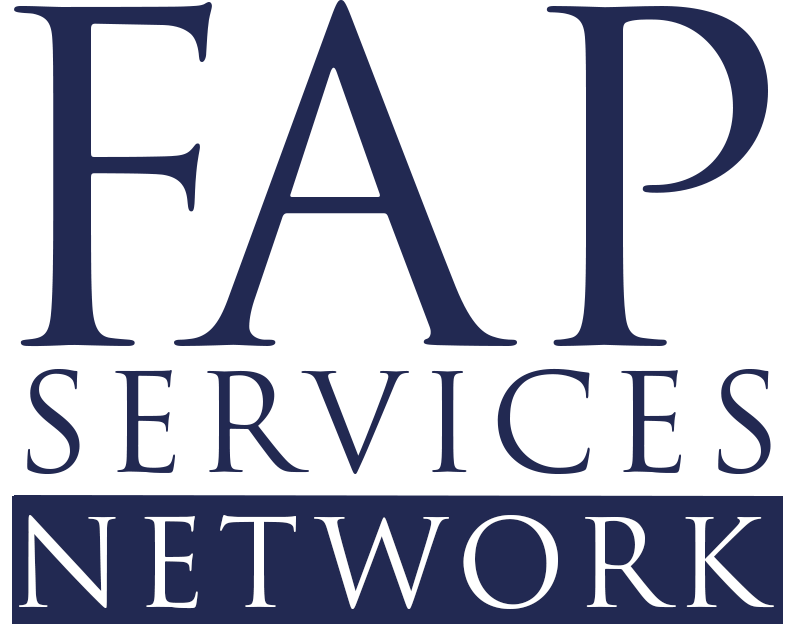It’s time to change the conversation. It’s not just about selling insurance.
There are three common perceptions about how a very small business can manage its financial risks if the owner is disabled or dies.
- They just need to replace the owner
- They just need to cover business expenses
- They can sell the business to cover its debts
Arguably these perceptions could be called myths because over thousands of financial risk assessments for very small businesses we have shown that if the risk plan is based solely on any one of these premises it will not provide the financial resilience the business and the family need.
We know that for most very small businesses the ‘know how’ is in the head of the business owner.
They don’t have operations manuals and almost every key function is done by the owner.
They can’t grow because they can’t find staff (the current state is professionals are struggling to find locums for business as usual).
With these dynamics how is it feasible that the answer to the loss of the owner/key person is to replace their labour?
Certainly, it might help a small business if they have a financial solution in place to meet their operating expenses if the owner can’t work and especially those that are contractual such as rent.
But that may leave the owners wealth exposed to creditors if there is debt principal payments that need to be met every month and there are not sufficient funds to cover these.
Although small business can generate good income for its owner, many have little or no value in a fire sale. In fact, the majority we assess in a forced wind-up have negative equity. The assets they can sell are less than what the business would have to pay to meet its creditors and wind-up costs.
A shortfall against secured creditors may have to be meet from personal assets. Before we discuss what the risks are and how to solve them, we need firstly to deeply understand the business. Only then will we know if the commonly help perceptions are indeed myths for that business.
Let’s help business owners build greater financial resilience through effective risk management planning to protect small businesses and the people who rely on them.
Back to Articles >>
Note: This article was recently posted on our FAP Services Network LinkedIn page, follow us here.

